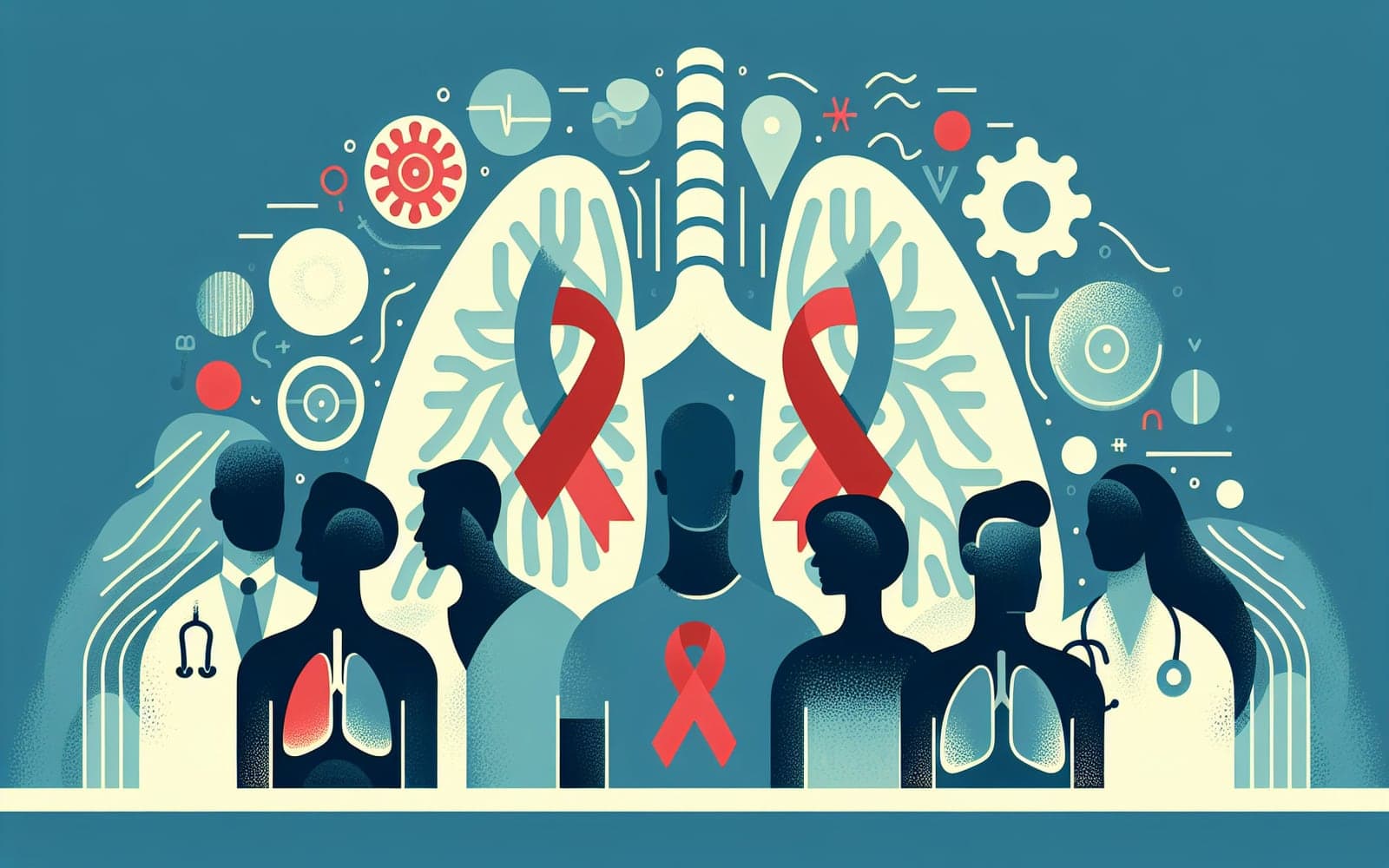How Are Lung Issues Diagnosed in HIV Patients?
Published: Dec 16, 2023
Diagnosing lung problems in HIV patients involves various techniques. Here's a guide to understanding these crucial tests.
Contents
Imaging Techniques
Chest X-rays are typically the first step for patients with unexplained symptoms, revealing any new abnormalities. CT scans provide more detailed images, detecting early signs of interstitial lung disease and nodules. Sometimes, nuclear imaging scans are used, though not as common, to identify specific conditions like Kaposi sarcoma.
Physiologic and Sputum Tests
Tests measuring lung function and gas exchange can diagnose diseases like PCP, especially when X-rays look normal. Sputum analysis is mainly for diagnosing bacterial infections or TB, with induced sputum tests used for PCP. These tests help identify the exact type of lung disease affecting the patient.

Invasive Diagnostic Procedures
In some cases, invasive tests like fiberoptic bronchoscopy or CT-guided needle aspiration are needed. These procedures help diagnose infections or cancer when less invasive methods are inconclusive. Surgical lung biopsy remains the most sensitive procedure for diagnosing lung tissue diseases but is used cautiously due to its invasive nature.
Frequently Asked Questions
Chest X-rays and CT scans are commonly used.
Not always; they're for when other tests don't provide answers.
It identifies bacterial infections or TB in the lungs.
To diagnose infections or cancer in the lungs.
Key Takeaways
Accurate diagnosis of lung issues in HIV patients is vital for effective treatment.
Next steps: consult Doctronic to learn more about diagnostic options for lung issues.Related Articles
References
Wallace JM, Hansen NI, Lavange L, et al. Respiratory disease trends in the Pulmonary Complications of HIV Infection Study cohort. Am J Respir Crit Care Med 1997; 155:72.
Always discuss health information with your healthcare provider.